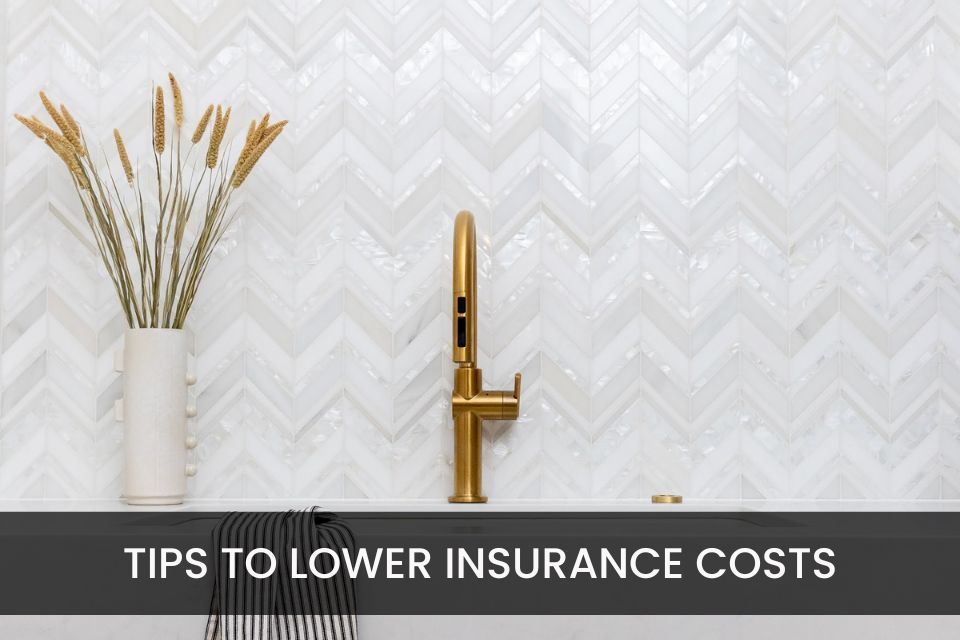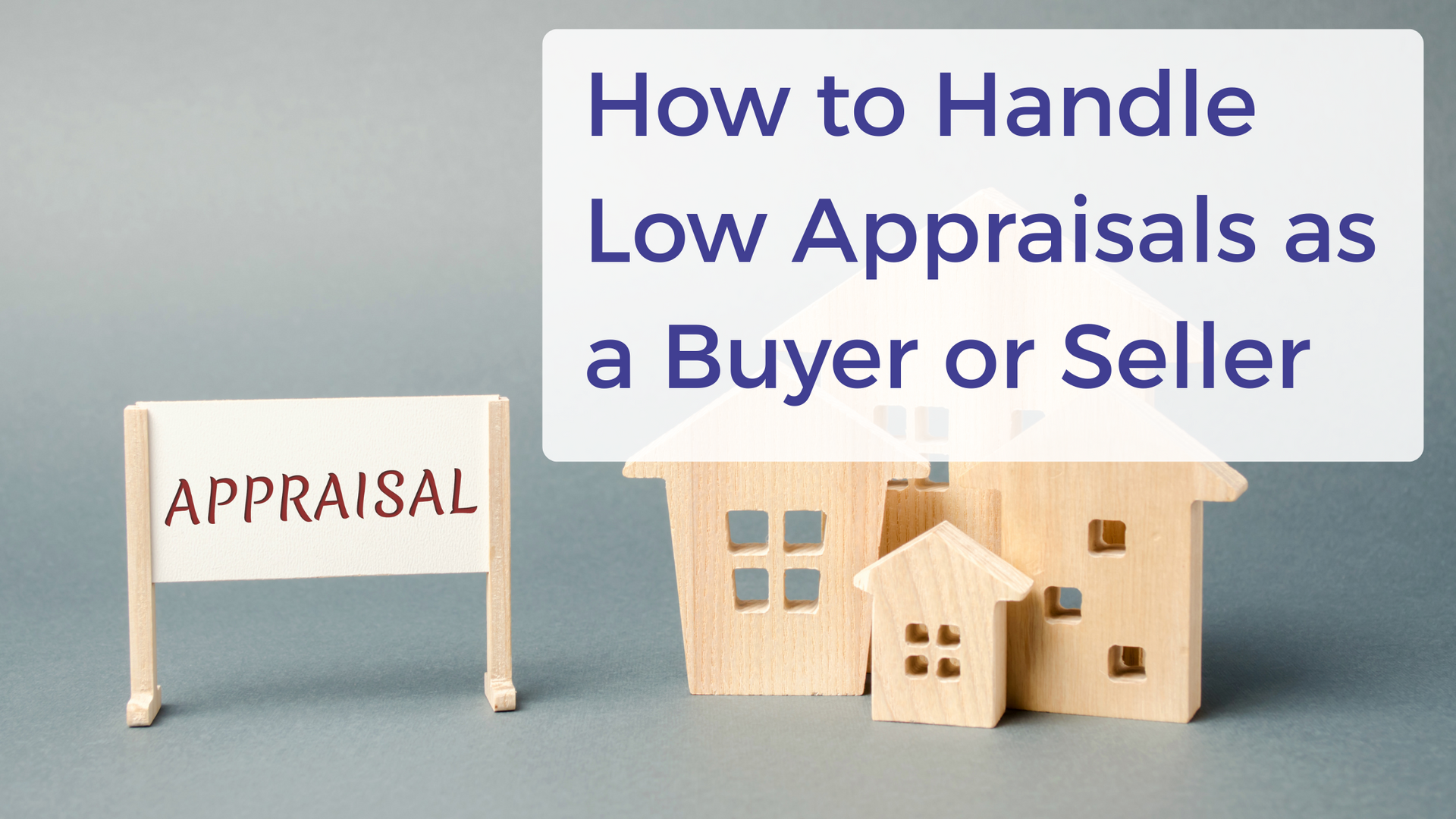Avoiding Sky-Rocketing Homeowners Insurance Rates

If you own a home, you know that you probably already maintain a homeowner’s insurance policy. Over the past few years, the cost of this insurance has soared. Wildfires, hurricanes, floods, and other natural disasters have caused insurance companies to dramatically increase premiums. But there are ways to try and mitigate these increases. Here are a few tips to employ in an effort to lower your costs.
- Shop Around – It may sound simple, but taking the time to get some competitive quotes can save you money. Many companies will lower costs to attract new customers.
- Increase Deductibles – If you can afford it, increase the deductible for all your policies. Consider what you can afford to pay out-of-pocket in the event of a claim.
- Check for Discounts – Speak with your insurance provider to learn about available discounts. Common discounts include discounts for improved home security or fire detection. Long-term policyholders and senior citizens may also qualify for a discount. Home improvements can also help, such as a new roof or fire-repellent landscaping.
- Improve your Credit – It may seem strange, but poor credit can affect your home insurance costs. Credit scores reflect your financial security and good credit reduces risk to insurers.
- Bundle Policies – Do not overlook the value of using one provider for all policies. Combining a home with an auto or other policy can save you hundreds of dollars on all policies.
Prices are going up on everything. While you may be able to cut out movie nights or weekend getaways, insurance is typically an essential part of your financial health. It is a good idea to spend some time ensuring you are getting the most for your money by following these tips.

Buying a home is one of the most significant financial decisions most people will ever make. Yet, many buyers rush through the mortgage process, focusing on getting approved rather than fully understanding their options. As a mortgage professional, I see it often—borrowers end up with loans that don’t truly fit their needs, leading to higher costs, unnecessary stress, or even long-term financial strain.

Buying a home is one of the biggest financial moves you’ll ever make — and how you choose to finance it can make all the difference. Mortgages aren’t one-size-fits-all. The right loan depends on your budget, credit, long-term goals, and even where you plan to buy. Whether you’re a first-time buyer or upgrading to your next home, understanding your financing options can help you make a confident and informed decision. Here’s an overview of some of the most common mortgage types and what they mean for you.
